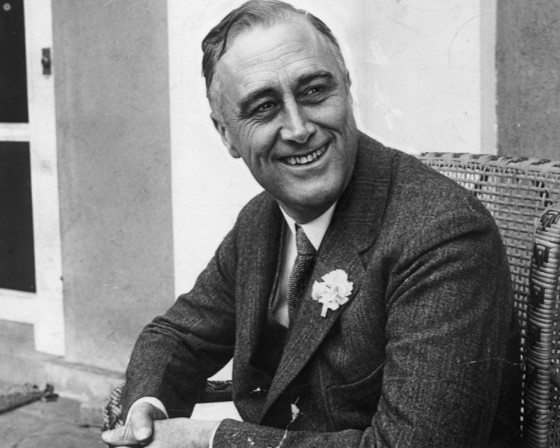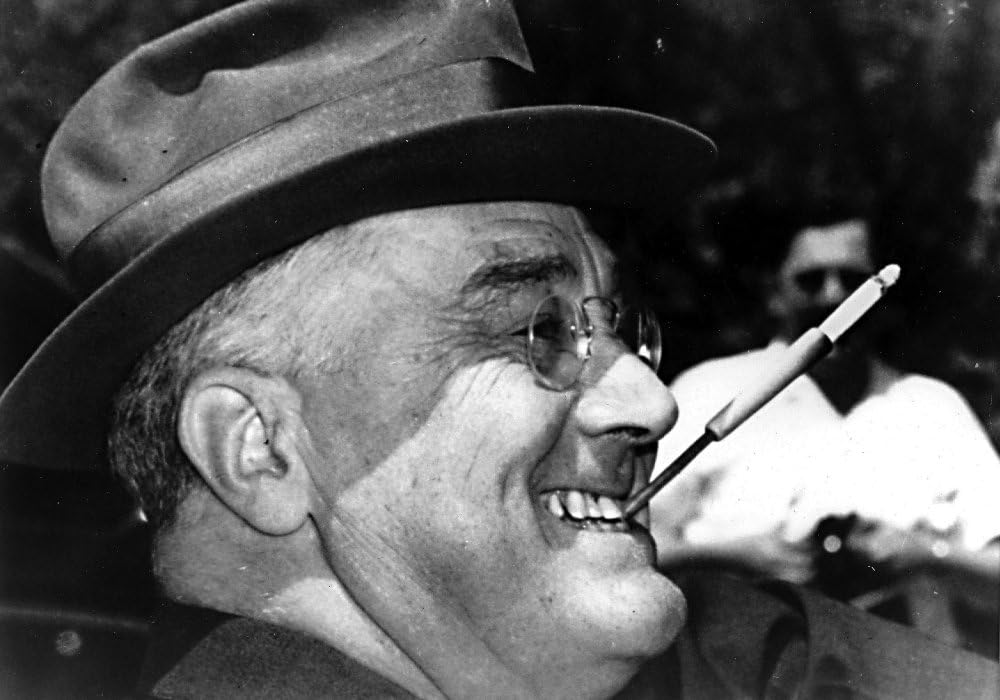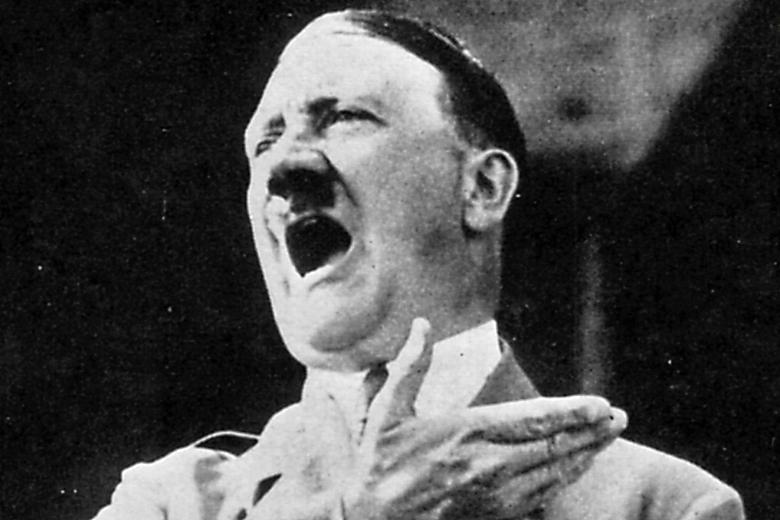80 years ago today, America’s 32nd president, Franklin Delano Roosevelt, died on 12 April 1945 at the age of 63. What truly should have been no surprise given his long struggle with his health and his obviously diminished physical condition nonetheless proved a shock to his nation and to the world.
In November 1944, America had elected FDR to an unprecedented fourth term in office. It is hard to argue that it was anything but irresponsible of FDR to run for a fourth term, anything but reckless of him to choose an inexperienced and untested running mate to be his vice president, and anything but purblind for his people to elect him yet again. Yet to his nation, at that moment, it must have seemed impossible that the man who had led them longer than any other, and led them through both the world’s greatest economic crisis and the world’s greatest war, was suddenly and irrevocably gone.
Imagine.
A president able to help pacify and quell economic crisis rather than create it on purpose. A man brought to the presidency by a stock market crash, not a man who brought a stock market crash to the presidency. A president born rich, but capable of emotionally and materially supporting those less fortunate than himself. A president proud of the number of people he put to work, not fired. A president not above vexing the courts and testing the constitution with exertion of executive will, but who would ultimately heed the limitations of his legal authority. A president committed to strengthening and building alliances and of doing what’s right, even at the cost of American lives and treasure. A president presiding over the ascendance, not precipitating the end, of America’s cultural, political, military, and moral hegemony.
Perhaps we should not overtax our imagination and set our sights more modestly in light of current leadership limitations.
So perhaps imagine instead a president who could know the grammatical difference between an adjective and subject and could make a sentence using both properly. Think reassuring fireside chats rather than inarticulate fiery invective. A president who, even in the darkest of times, inclined to a winning smile rather than a belligerent scowl.
Smiling as leadership? Really? Yes, really. FDR smiled a lot. Hitler scowled a lot. Whose ass got kicked?
FDR was no saint. He contorted the constitution in pursuit of his policy agenda. He lingered too long in the job and made too little provision for what and who came after him. His commitment to “bold, practical experimentation” often lacked a consistency of ideology and rationale. Debate continues about whether he could have done more about the Holocaust. There’s no debating the fact that he interned American citizens based on their race and nationality. He was certainly capable of intentionally conflating his own political survival and his nation’s welfare.
But even in the most miserable and desperate times, on balance FDR elevated his nation’s conscience, character, and fortunes. He was more interested in what America could do to better the world than what it wouldn’t do. He left his nation better than he found it. Stronger economically, more stable politically, more secure militarily, better regarded by her allies, and more feared by her foes.
When he died, he was looking forward to addressing and supporting the nascent United Nations – an organization he had conceived with Winston Churchill to prevent future wars and promote human rights even before his own nation was ready to fight the Second World War.
Churchill, FDR’s ally and friend, was no stranger to frustration and failure. He wrote:
“The only guide to a man is his conscience, the only shield to his memory is the rectitude and sincerity of his actions.” His rationale was not merely moral, but practical: “It is very imprudent to walk through life without this shield, because we are so often mocked by the failure of our hopes; but without this shield, however the fates may play, we march always in the ranks of honour.”
Imagine a president literally incapable of walking, yet doing so “in the ranks of honour”. FDR was reportedly long embarrassed at never having been in a real uniform in time of war. (Imagine a president embarrassed for not having served in uniform in time of war…) 80 years ago tomorrow, FDR might have been proud that “his name, as commander in chief of the mighty and victorious armed forces of the United States, headed the… day’s official list of American war dead.”
It seems quite possible – even likely – that, had I been an adult citizen during his presidency, I would have opposed many of FDR’s policies. I might even have voted for one of his opponents.
It also seems likely that I would have respected FDR even when I opposed him. It seems likely that, 80 years ago today, I would have mourned the loss of his leadership and celebrated the purpose that animated his fragile, tenuous, hard-held, and well-spent life.
Cheers!




